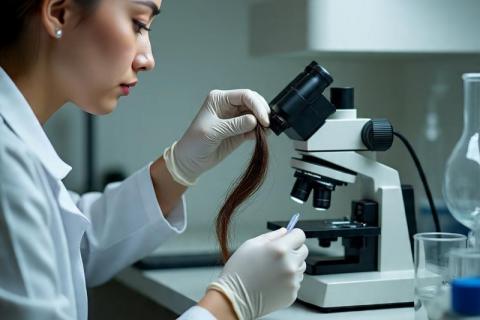Male Pair-Bonding Gene AVPR1A DNA Test

Unlock the Science of Connection in Stanford with Our "Monogamy Gene" DNA Test
Have you ever wondered why you form relationships the way you do in Stanford? Your ability to bond deeply with others might be influenced by your DNA. Introducing our AVPR1A Gene Test in Stanford, designed to decode the genetic drivers behind your relationship bonds.
This cutting-edge DNA relationship test in Stanford examines the RS3 334 variant of the AVPR1A gene, often called the “monogamy gene,” which shapes how your body uses vasopressin, a hormone critical for social bonding, attachment, and emotional connection.
What This Genetic Bonding Test Reveals in Stanford
-
Personalized Genetic Analysis in Stanford: Discover your unique AVPR1A gene variant and understand its role in your approach to commitment and intimacy.
-
Insights into Attachment Style in Stanford: Learn how your genetics may influence your relationship behavior, including emotional responsiveness, loyalty, and bonding tendencies.
-
Scientific Clarity for Stanford Residents: Studies suggest that the RS3 334 variant can affect how individuals experience partnership and emotional connection. Understanding your profile empowers you with self-awareness and context for your relationship dynamics in Stanford.
Why Take the Monogamy Gene Test in Stanford?
-
For Couples in Stanford: Strengthen your relationship by understanding each other’s biological predispositions.
-
For Individuals in Stanford: Gain clarity about your attachment style and how you relate to partners.
-
For the Curious in Stanford: Explore the fascinating links between genetics and romantic behavior with a confidential, at-home test delivered to Stanford.
How It Works in Stanford
-
Order Your Kit in Stanford: Receive a simple, non-invasive at-home DNA test delivered quickly and securely.
-
Collect Your Sample in Stanford: Just a quick cheek swab—no blood or hassle required.
-
Get Your Results in Stanford: Access your secure online report with easy-to-understand insights about your vasopressin receptor gene and its impact on your relationships.







